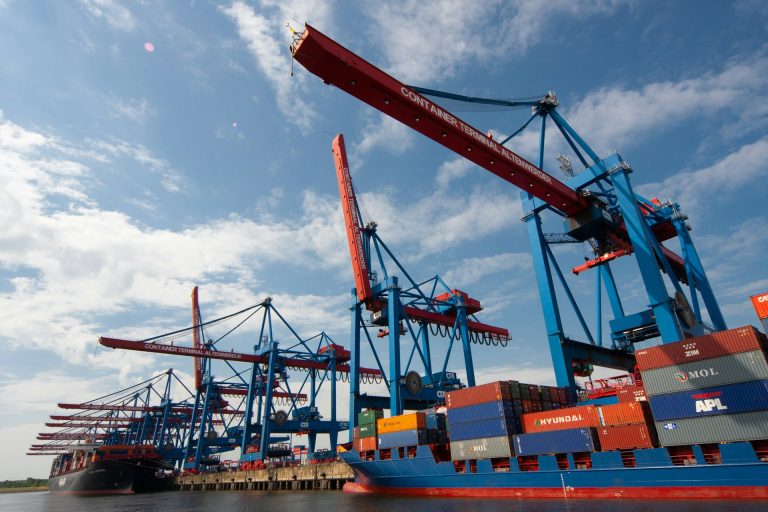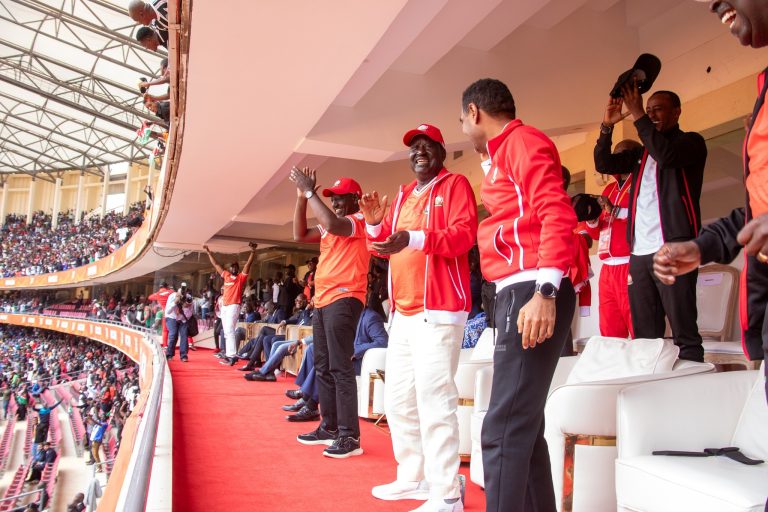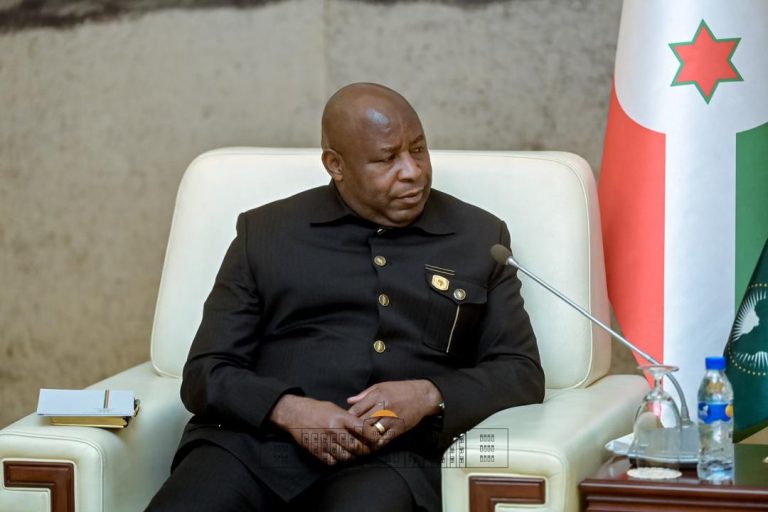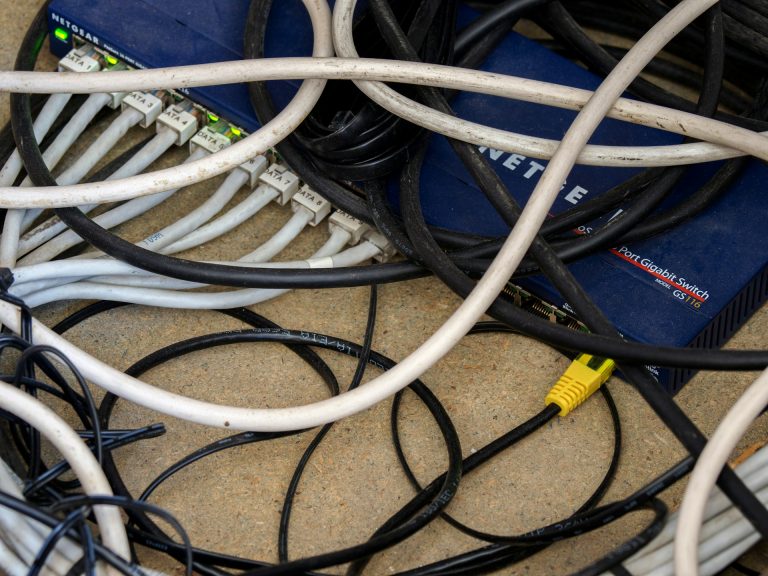Seville’s 2025 Financing for Development summit has become a flashpoint for global economic reform, with African leaders arriving not just for debt relief—but demanding systemic change.
As Pope Francis proclaims 2025 a Jubilee Year and the African Union declares it the Year of Reparations, the calendar is rich in symbolism. But for African governments buckling under renewed debt pressure, there is no time for theatre. With more than half of the continent’s low-income nations in or near default, the UN’s fourth Financing for Development (FfD) summit—set for June 30 in Seville—has taken on unusual urgency.
Unlike previous summits, African delegations are arriving with coordinated demands. The ask this time is not another rescue plan, but a reengineering of the global system that governs sovereign debt: its rules, its power dynamics, and who gets a seat at the table.
A proposal for change—and the numbers driving it
The proposal gathering momentum is a UN Framework Convention on Sovereign Debt. Backed by several African governments and civil society groups, the framework would introduce clear, enforceable rules on debt restructuring—bringing private creditors into the process under international law and shifting decision-making away from informal clubs like the Paris Club and IMF-led working groups.
The stakes are high. According to the World Bank, over half of low-income nations are now facing debt distress. For many African states, servicing those debts consumes more budget than education or health. In 2024 alone, they transferred more than $60 billion to external creditors—triple what they received in aid. The trade-offs are visible: blocked infrastructure projects, empty clinics, and school systems under strain.
But while money flows out, climate exposure and historic injustices remain unresolved. A new report, Who Owes Who?, estimates that industrialised economies owe African nations more than $36 trillion in climate compensation—rooted in centuries of emissions that have left the continent exposed to drought, crop failure, and flooding.
“Africa pays, while being owed,” one civil society organiser put it. For many campaigners, the ledger is upside down—and long past due for recalibration.
What rules—and whose system?
Sovereign debt workouts today are handled through a scattered patchwork of institutions and ad hoc negotiations. The IMF’s Common Framework, introduced in 2020 to streamline restructurings, has come under fire for long delays and weak enforcement mechanisms—especially in compelling private bondholders to participate.
“A handful of London- and New York-based creditors still wield outsized influence over whether African countries can restructure,” said one debt advisor to a West African finance ministry. “The process is neither fast nor fair.”
The proposed UN convention would codify debt resolution standards, require all lenders to abide by them, and push for transparent processes that don’t rely on goodwill alone. It’s a legal architecture aimed at levelling a field long skewed against borrowers.
But resistance is mounting. In a letter to UK Prime Minister Keir Starmer, more than 80 British NGOs—including Save the Children UK, UNICEF UK, and Christian Aid—accused the government of blocking progress at FfD negotiations. “This approach risks putting this government on the wrong side of history,” they warned.
London’s role matters. The UK remains a legal hub for many sovereign debt contracts. Legislating private sector participation in restructurings could set a global precedent—without costing British taxpayers a penny. “At FfD4, the government has a choice,” said Patrick Watt, Chief Executive of Christian Aid. “Stand in solidarity with countries facing debt and climate crises, or cling to outdated power structures that continue to extract more than they give.”
Seville and the shape of what’s to come
The Seville summit runs from 30 June to 3 July and brings together leaders from across the G7, G20, and Global South. French President Emmanuel Macron and EU Commission President Ursula von der Leyen are expected to attend. The UK, by contrast, is sending only a ministerial representative—a decision some civil society groups have criticised as a missed signal of commitment.
Against that backdrop, expectations remain high. The UN says the Sustainable Development Goals are “seriously off track,” and the annual development finance shortfall now exceeds $4 trillion. Public development finance is falling, private finance hasn’t filled the gap, and rising global interest rates have pushed debt burdens further out of reach.
“FfD4 presents a historic opportunity to renew the global financing framework for sustainable development,” says Li Junhua, UN Under-Secretary-General and Secretary-General of the conference.
But many African governments are wary of lofty declarations without concrete follow-through. They’re pushing for enforceable legal changes, not soft pledges. That includes new national laws in creditor jurisdictions requiring private lenders to take part in debt relief—and international rules to prevent holdout lawsuits that block or delay restructurings.
A window closing fast
For African leaders, this isn’t just a conversation about development finance. It’s about historic injustice, climate accountability, and systemic exclusion. If those root causes aren’t addressed, they argue, the next crisis will come harder and faster—and reforms made after the fact will come too late.
“Supporting their calls is vital—not just for the global majority, but for a fairer, more stable future for everyone,” says Romilly Greenhill, CEO of Bond.
Whether Seville delivers that change remains to be seen. But the ask is no longer to cancel debts—it’s to fix the system that keeps them growing.










